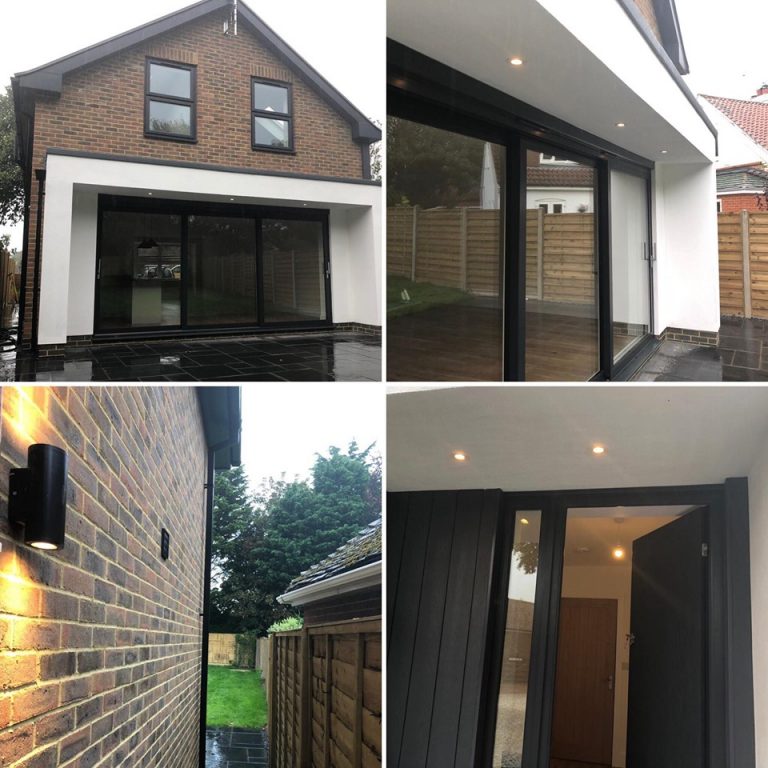Awaab’s Law Explained: What Landlords and Tenants Need to Know About Damp, Mould and Ventilation
Download our FREE Awaab’s Law Factsheets at the bottom of this post
At SJM Electrical, we’re committed to helping landlords, housing providers, and property managers across Sussex and beyond keep their homes and buildings safe, compliant, and healthy.
With the introduction of Awaab’s Law — coming into effect from 27 October 2025, with full implementation expected by 2027 — there’s now a stronger legal requirement than ever for landlords to investigate and fix issues like damp, mould, and poor ventilation within strict timeframes.
The law is named after two-year-old Awaab Ishak, who tragically died in 2020 from prolonged exposure to mould in his home. This devastating event has led to lasting change across the housing sector — ensuring no family has to live in unsafe conditions again.
What Awaab’s Law Requires
From October 2025, social landlords must:
- Investigate emergency hazards within 24 hours.
- Begin investigating significant damp and mould within 10 working days of becoming aware of the issue.
- Start remedial work within 5 working days of an investigation where serious risks are confirmed.
- Provide written updates to tenants about actions and timelines.
The law will roll out in phases, eventually covering most housing health and safety hazards by 2027
Why Ventilation Systems Are Key to Compliance
While Awaab’s Law focuses on how quickly hazards must be addressed, prevention is just as important — and that starts with proper ventilation and electrical maintenance.
Condensation and surface mould build up when air can’t circulate effectively, often because ventilation systems or extractor fans aren’t performing as they should. This is a common problem we encounter in both domestic and commercial properties, especially where fans are clogged, underpowered, or haven’t been serviced regularly.
At SJM Electrical, we recommend routine inspection, testing, and maintenance of all ventilation and extraction systems, including:
- Extractor fans in kitchens, bathrooms, and utility areas
- Mechanical Ventilation with Heat Recovery (MVHR) systems
- Mechanical Extract Ventilation (MEV) and Centralised MEV (CMEV) units
Regular checks and servicing ensure fans are operating correctly, filters are clean, and air flow rates are properly balanced. This not only reduces the risk of condensation and mould but also helps landlords remain compliant under Awaab’s Law.
Protecting Tenants and Property
Landlords who fail to meet these new timeframes risk enforcement action, formal complaints, and reputational damage. A proactive maintenance approach helps to avoid this — and keeps tenants safe and comfortable.
As an experienced electrical contractor, SJM Electrical supports landlords, letting agents, and housing associations by providing:
- Extractor fan installation, repair, and testing
- Electrical compliance testing and certification (EICR)
- MVHR, MEV, and CMEV maintenance
- Emergency response and remedial works
- Planned preventative maintenance to identify issues before they escalate
Supporting Landlords and Housing Providers
For housing providers and landlords, Awaab’s Law is a call to action — to prioritise the health and safety of tenants through consistent, proactive property maintenance.
At SJM Electrical, we’re here to help. Our qualified engineers ensure ventilation and electrical systems are tested, compliant, and performing efficiently — reducing the risk of damp, mould, and potential non-compliance.
If you’d like advice on preparing for Awaab’s Law or setting up a regular testing and maintenance programme, get in touch with the team at SJM Electrical today.
Get all this in an easy to read and share format in our FREE downloadable PDF Factsheets:
Want professional support? We can help. Contact us today to find our how SJM Electrical Services can keep your homes safe and compliant.
5 Chatsworth Road, Worthing, West Sussex, BN11 1LY


